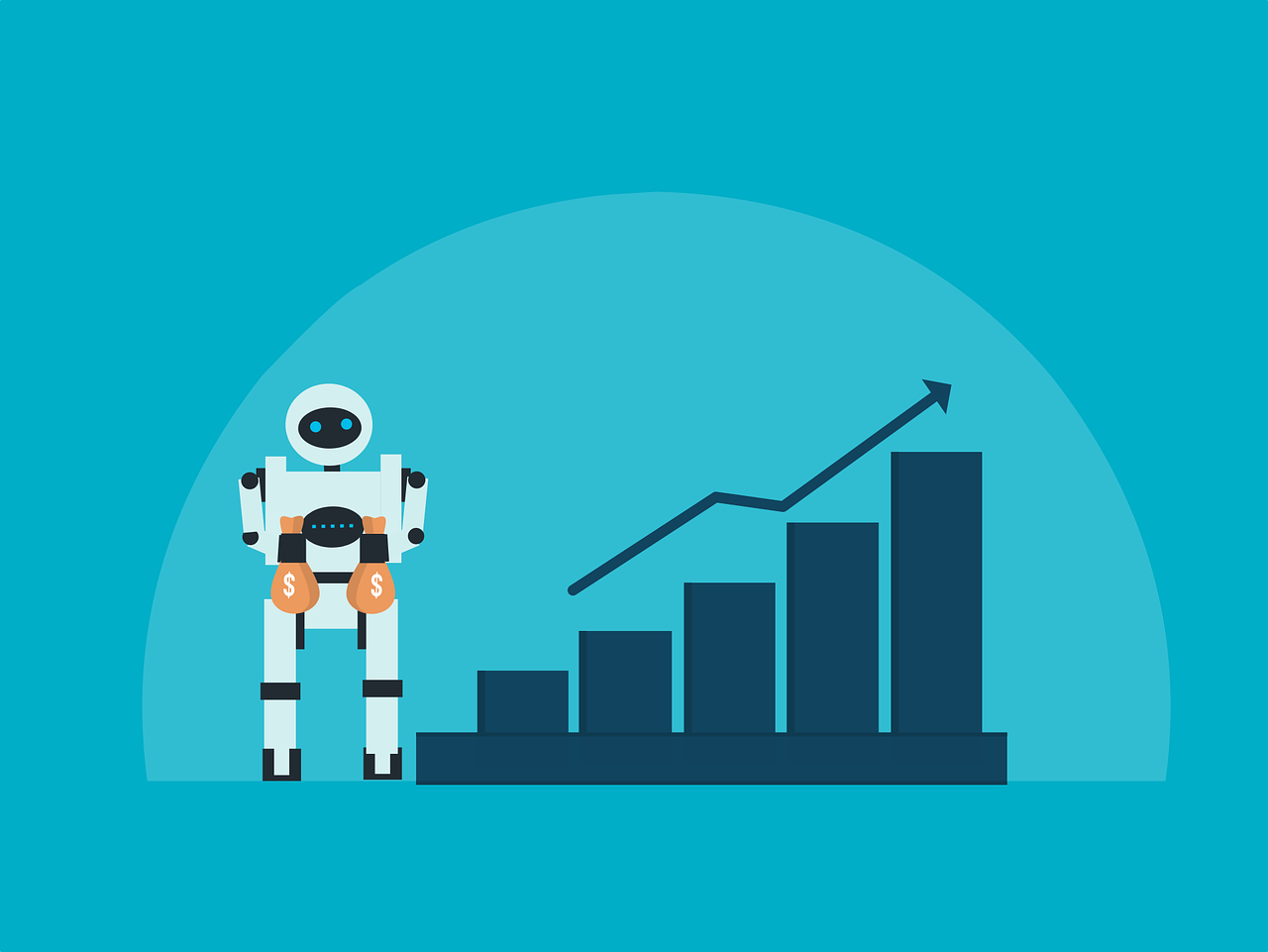Harnessing Machine Learning to Predict and Mitigate Climate Change Impacts on Ecosystems

Brief news summary
In recent years, the integration of technology and environmental science has revolutionized climate change efforts, with machine learning, a key branch of artificial intelligence, playing a pivotal role in forecasting and mitigating impacts on global ecosystems. By analyzing vast amounts of historical climate and environmental data, machine learning uncovers complex patterns often overlooked by traditional methods. These advanced models enable accurate predictions of critical changes such as biodiversity loss, shifting weather patterns, and natural disasters, allowing timely interventions to protect vulnerable species and habitats. For instance, identifying high-risk biodiversity zones helps prioritize conservation, while improved weather forecasts enhance disaster preparedness. AI-driven insights assist policymakers in crafting targeted strategies, optimizing resource allocation, and effectively monitoring progress. Moreover, these technologies simulate future scenarios based on emission trends, fostering resilience and sustainable development. Despite challenges like data limitations and ecological complexity, ongoing collaboration between scientists and policymakers continues to strengthen machine learning’s impact in climate science. Harnessing artificial intelligence is essential for anticipating ecological changes, guiding informed decisions, and ensuring a sustainable, resilient environmental future.In recent years, the merging of technology and environmental science has enabled innovative strategies to address the urgent challenges of climate change. Machine learning models have become a powerful tool for predicting and mitigating climate change impacts on ecosystems worldwide. These advanced artificial intelligence (AI) systems process vast amounts of historical climate data and environmental variables, providing unprecedented insights into ecosystem responses to shifting climatic conditions. Machine learning models detect intricate patterns and relationships within large datasets that often elude traditional analysis. Applied to climate science, they can forecast critical environmental changes such as biodiversity shifts, weather pattern variations, and the risk of natural disasters like floods, droughts, or wildfires. This foresight allows researchers and policymakers to take proactive measures to protect vulnerable ecosystems and dependent species. For example, by identifying regions at high risk of biodiversity loss, conservationists can prioritize protecting endangered species and habitats. Predicting weather changes enables communities to strengthen infrastructure and enhance disaster preparedness. Such predictive accuracy represents a major advancement in effectively responding to the complex threats posed by climate change. Integrating AI and machine learning into climate science also improves policy-making. Governments and environmental organizations can use AI-driven forecasts to optimize resource allocation, maximizing the impact of conservation efforts. These technologies also help monitor policy outcomes, providing data-driven feedback that refines and adapts strategies over time. Beyond prediction and policy, machine learning deepens understanding of ecosystem dynamics under climate stress.
By simulating future scenarios based on various greenhouse gas emission pathways, these models contribute to global mitigation efforts and ecological resilience. These insights are crucial for promoting sustainable development that balances human needs with environmental stewardship. However, challenges remain in deploying AI for climate research. Reliable model predictions depend on extensive, high-quality data, which may be lacking in poorly monitored regions. The inherent complexity of ecosystems introduces uncertainties, requiring cautious interpretation of AI-generated forecasts. Despite these limitations, AI’s potential in advancing climate science is clear. Collaboration among computer scientists, ecologists, and policymakers is continuously refining machine learning tools tailored to environmental challenges. As these technologies evolve, their role in preserving biodiversity and ecosystem health is expected to grow substantially. In conclusion, using machine learning models to predict and mitigate climate change impacts represents a promising frontier in environmental protection. Harnessing AI to analyze complex climate and ecological data provides a vital ally in combating environmental degradation. This innovative approach enhances our capacity to anticipate ecological changes and supports informed decision-making aimed at safeguarding the natural world for future generations. Embracing such technological advancements is essential as we pursue a more sustainable and resilient planet.
Watch video about
Harnessing Machine Learning to Predict and Mitigate Climate Change Impacts on Ecosystems
Try our premium solution and start getting clients — at no cost to you

I'm your Content Creator.
Let’s make a post or video and publish it on any social media — ready?
Hot news

OpenAI sees better margins on business sales, rep…
The publication stated that the company enhanced its “compute margin,” an internal metric representing the portion of revenue remaining after covering the costs of operating models for paying users of its corporate and consumer products.

AI Video Generation Tools Enable Personalized Mar…
In the rapidly evolving field of digital marketing, artificial intelligence (AI) is playing a crucial role in reshaping how brands connect with their audiences.

Leveraging AI for SEO: Best Practices and Tools
As artificial intelligence (AI) advances, its significance in search engine optimization (SEO) grows markedly.

Decoding the Impact of AI on Advertising and Mark…
Artificial intelligence (AI) is fundamentally transforming the advertising and marketing industries, marking a profound shift beyond previous technological advancements.

Nvidia: Only A 3% Premium For The Most Important …
Nvidia: Just a 3% Premium for the Most Crucial AI Company The J Thesis 1

“AI SMM”, new training from Hallakate – Learn how…
In an era where technology is transforming how we create content and manage social networks, Hallakate introduces new training tailored for this new age: AI SMM.

AI Training GPU Cluster Sales Market Size | CAGR …
Report Overview The Global AI Training GPU Cluster Sales Market is projected to reach approximately USD 87
AI Company
Launch your AI-powered team to automate Marketing, Sales & Growth

and get clients on autopilot — from social media and search engines. No ads needed
Begin getting your first leads today








